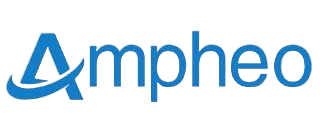Development Board-Arduino
(347 results)Arduino is a convenient, flexible and easy-to-use open source electronic prototyping platform. It includes hardware (various types of Arduino boards) and software (ArduinoIDE). It was developed by a European development team in the winter of 2005. Its members include Massimo Banzi, David Cuartielles, Tom Igoe, Gianluca Martino, David Mellis and Nicholas Zambetti. It is built on the open source simple I/O interface version and has a Processing/Wiring development environment that uses languages similar to Java and C. It mainly consists of two parts: the hardware part is the Arduino circuit board that can be used for circuit connection; the other is the Arduino IDE, the program development environment in your computer. You just need to write the program code in the IDE, upload the program to the Arduino circuit board, and the program will tell the Arduino circuit board what to do. Arduino can sense the environment through various sensors, and feedback and influence the environment by controlling lights, motors and other devices. The microcontroller on the board can be programmed using the Arduino programming language, compiled into a binary file, and burned into the microcontroller. Arduino programming is done using the Arduino programming language (based on Wiring) and the Arduino development environment (based on Processing). Arduino-based projects can include only Arduino, or they can include Arduino and other software running on a PC that communicate with each other (such as Flash, Processing, MaxMSP).
